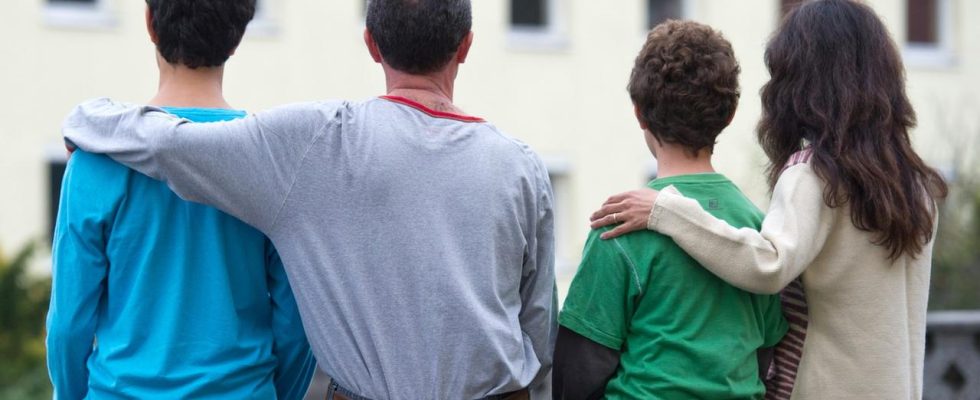Almost 125,00 visas were issued to relatives of refugees this year – significantly more than in 2022. Most of them went to people from Syria and Afghanistan. The waiting times for such a visa can sometimes be months.
Germany has issued significantly more visas for family reunification this year than in 2022. By December 12th there were 124,625 visas. This emerges from a response from the Foreign Office to a parliamentary question from the left-wing Bundestag member Clara Bünger. In the entire previous year the number was a good 117,000.
According to the data, the significantly smaller proportion of visas in 2023 went to relatives of recognized refugees (10,570), those entitled to subsidiary protection (12,067) and those entitled to asylum (254). Most of these went to family members of Syrian refugees, followed by relatives from Afghanistan.
Subsidiary protection is given to those seeking protection who are neither granted asylum nor refugee protection, but who are threatened with the death penalty or torture in their home countries. In contrast, 101,734 visas were issued under “general family reunification” for relatives of people living in Germany who are not refugees. For example, around 12,500 of these went to family members of people with Turkish citizenship.
Sometimes waiting times for months
Applicants sometimes have to wait months for an appointment to apply for a visa. According to the Federal Foreign Office, for example, the waiting time at the German embassies in Dhaka (Bangladesh), Islamabad (Pakistan) and Lagos (Nigeria) is over a year. The same applies to applicants from Afghanistan.
“Many refugee families are separated for years due to blocked escape routes and lengthy asylum procedures. On top of that, unreasonable waiting times for visas are issued,” Bünger told the editorial network Germany, which first reported on the figures. Far too often this means that children have to grow up for years separated from one parent or without their parents at all. “The human right to family life and the well-being of children are being so blatantly violated,” Bünger continued.
Eva Huber, ARD Berlin, tagesschau, December 24th, 2023 1:23 p.m

